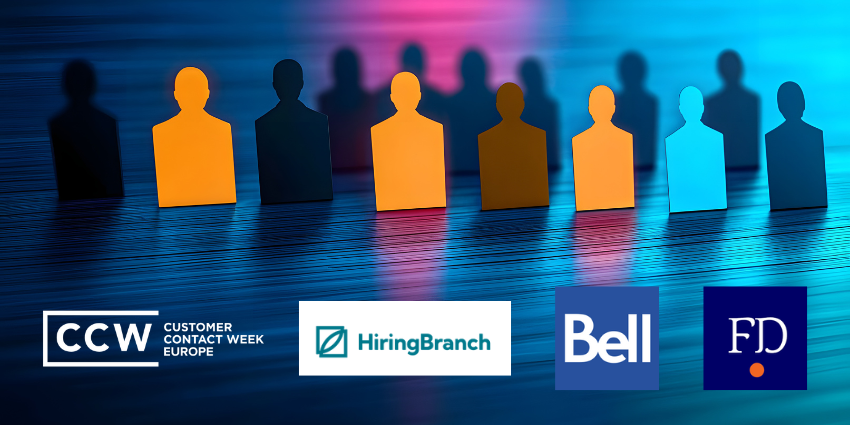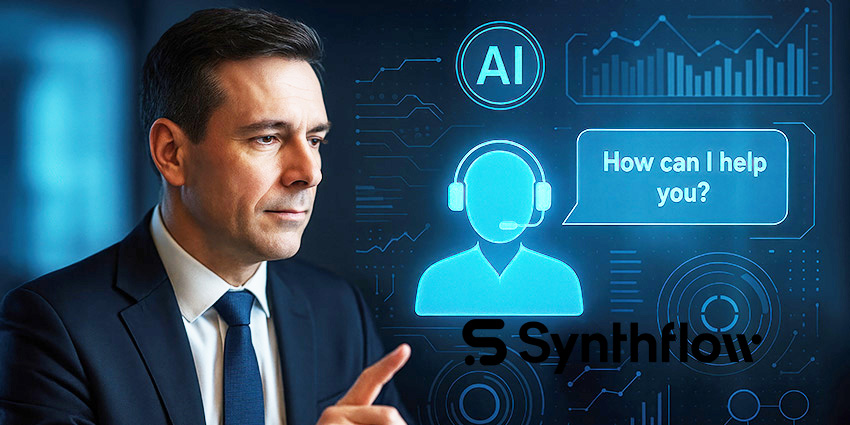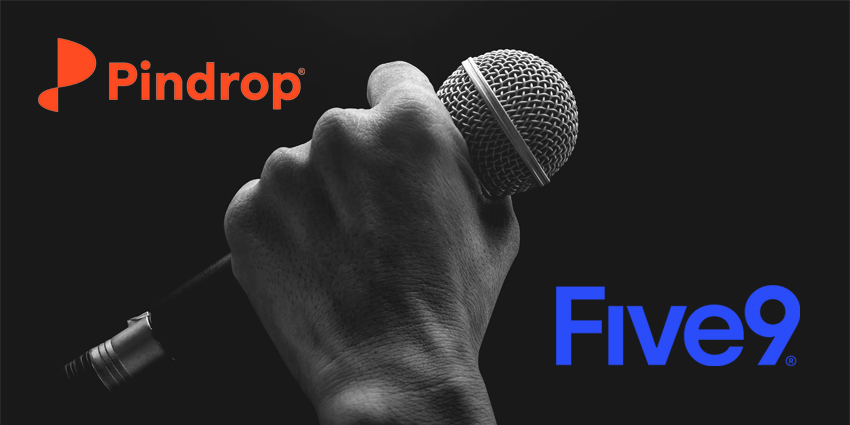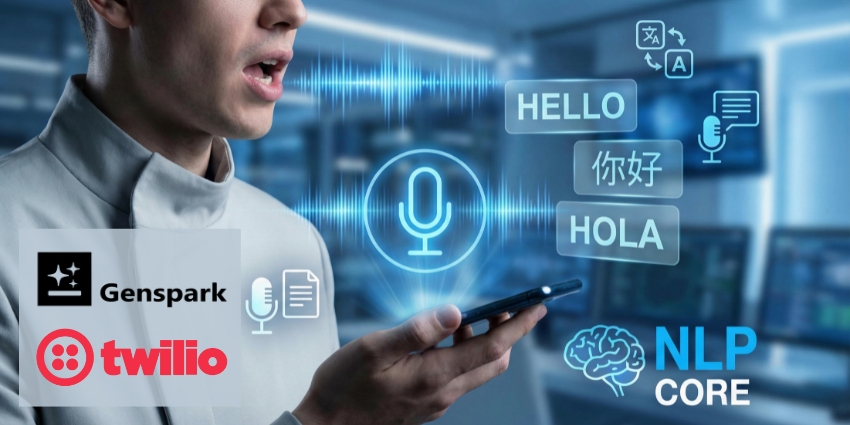It’s not too far-fetched to suggest that no one really enjoys calling a customer service department.
That isn’t to say that they don’t value the work of the agent, it’s more to do with the rigmarole that comes with navigating multiple IVRs and waiting for an unspecified amount of time before they can even speak to an agent.
This is where machine customers come in.
Machine customers are AI-powered digital assistants that carry out service tasks on behalf of human users, such as calling customer service channels.
While this tech has been around for quite some time, recent advancements in AI have significantly enhanced its suitability for the customer service and experience sector.
Although exact figures are not publicly available, the adoption of machine customers certainly appears to be on the rise, with Google’s ‘Ask for Me’ feature being the latest high-profile exponent of the tech.
Announced last month, the feature allows users of Google’s search engine to have an AI agent make inquiries on their behalf by calling businesses.
Currently available through Search Lab, the tool is still in its experimental phase and is limited to mechanics and nail salons, but the company is considering expanding the feature to more industries and potentially making it a permanent part of the search experience.
Interestingly, Google followed up the announcement of ‘Ask for Me’ with plans to launch a chatbot that answers calls on the user’s behalf, marking an important step on the journey towards machine-to-machine customer service.
The chatbot will automatically answer calls, process requests, and respond on the user’s behalf, handling most aspects of the call independently and only involving the user for important decisions.
But what does all of this mean for the future of customer service?
Transformational or Uninspiring? Analysts Share their Thoughts
Machine-to-machine customer service was recently discussed on an edition of the Big CX News Show.
During the chat, Derek Top, Senior Analyst at Opus Research, described the announcement as “interesting but nothing new.”
Top pointed to Google Duplex, which launched back in 2022, and had already introduced the idea of an AI assistant making calls for users.
The Opus man sees the recent releases as an “incremental step” in Google’s ongoing research and development strategy, rather than the start of a machine-to-machine revolution.
“There’s lots of challenges when it comes to authentication and identification,” he explained.
What if your assistant makes the wrong decision or orders something that you didn’t want? What are the ramifications around that?
“So, there’s a bunch of challenges that come with this idea of a personal assistant.”
Shelly Kramer, President and CEO at Kramer & Company, also had mixed feelings about the idea of machine customers.
She admitted that on first hearing Google’s announcement she thought the tool was “dumb,” but that the demo video helped her realize how convenient it could be for simple, time-consuming tasks like scheduling an oil change.
However, she did question the decision to use nail salons as one of the early test arenas, suggesting that it showed that the company has “no understanding whatsoever” about how particular people can be about getting their nails done.
Finbarr Begley, on the other hand, described himself as “cautiously optimistic” about the potential of the tech.
The Senior Research Analyst at Cavell Group, detailed how the tool is well suited to customers like himself, who prefer giving voice commands rather than manually filling out information on their phones or computers.
For Begley, adoption and expansion will depend on how effectively the technology can be integrated into real-world use cases beyond niche verticals.
The moment I can talk to my phone and get it to fill out a request at my bank to cancel a standing order, rather than going through customer service myself, we’re kind of winning.
Will Google Become a Machine Customer Pioneer?
Nicolas de Kouchkovsky, Principal Analyst at CaCube Consulting, is also far more upbeat about the potential of Google’s machine customer offerings, describing the tech as “truly transformational.”
However, he does have an issue with the current model, claiming that right now there’s “no compelling business reason” for Google to fully commit to the tech.
Begley agrees that the current iteration lacks a way to monetize the solution, suggesting that a standalone subscription, like Spotify, where individuals pay for personal AI assistance, may be the most effective way to deliver ROI.
Regarding Google’s specific role in the machine customer space, Zeus Kerravala, Principal Analyst at ZK Research, raised the interesting point that Google has something of a track record when it comes to proving the concept, but getting undercut by other companies that “come along and do it better.”
Begley sees this as a very real possibility. He explains how startups are already developing AI tailored to specific industries like healthcare and finance.
While Google’s approach may set the stage, industry-specific AI models could perform better than generalist assistants in certain situations.
Although Kramer does concede that Google has been hit-and-miss when it comes to capitalizing on some of its innovations, she sees machine customers as a “huge opportunity” for the company.
She underlines Google’s strong brand awareness as a distinct advantage over others in the voice AI sector
“There is an opportunity for Google to do this right and to really leverage its reputation in the search area.
They have a huge opportunity here, but as we’ve talked about before, sometimes Google does a great job on that front and sometimes Google doesn’t.







